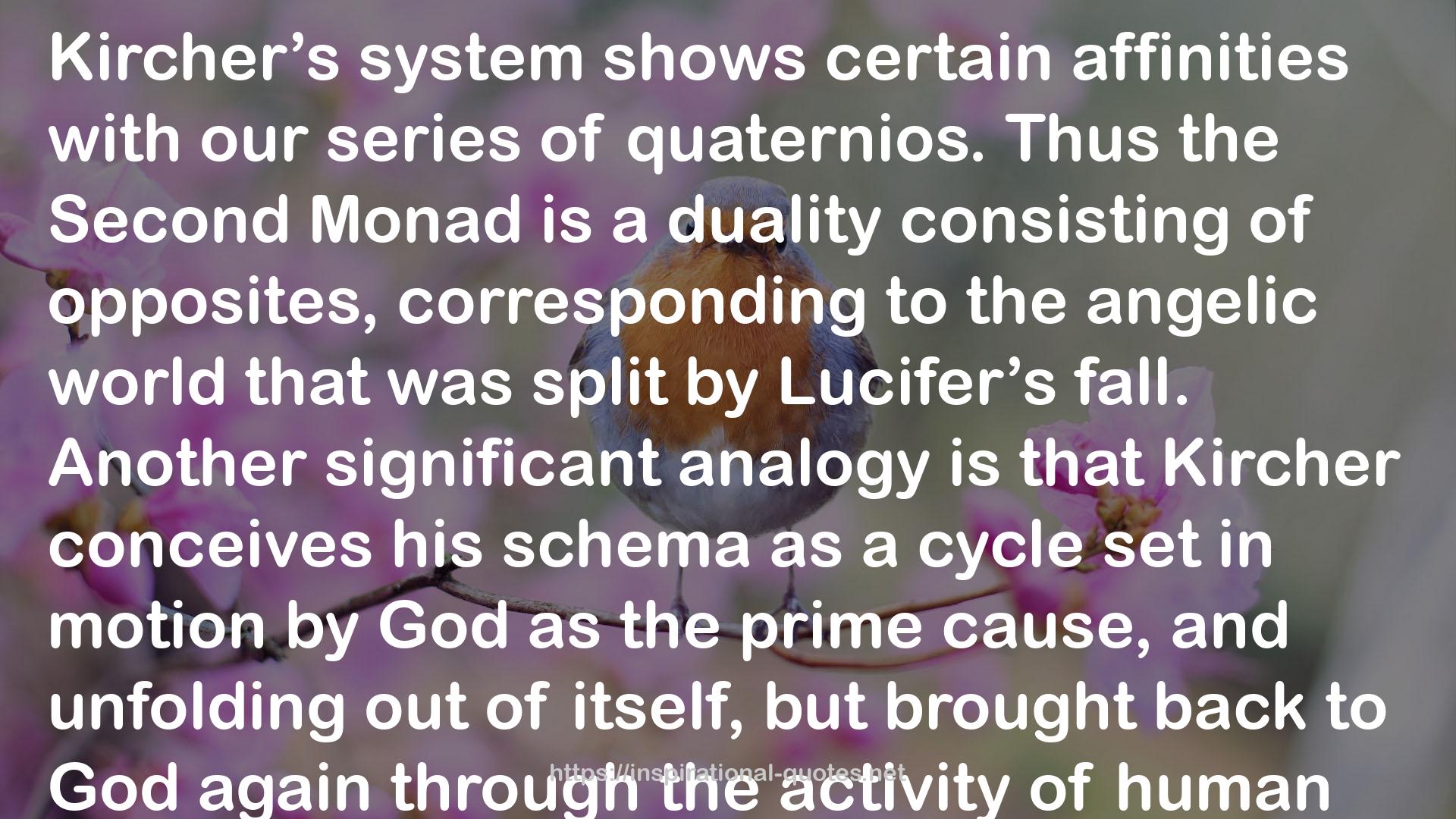Aion (Collected Works 9ii) QUOTES
SOME WORKS
- The Last of the Crazy People
- Spadework
- The Stag and Hen Weekend
- Brand New Friend
- The Importance of Being a Bachelor
- The Hope Family Calendar
- Don't Trust Your Gut: Using Data to Get What You Really Want in Life
- Perfidy
- Enlightened Vagabond
- Trois amis en quête de sagesse: Un moine, un philisophe, un psychiatre nous parlent de l'essentiel. (IC.HORS COLLECT)

